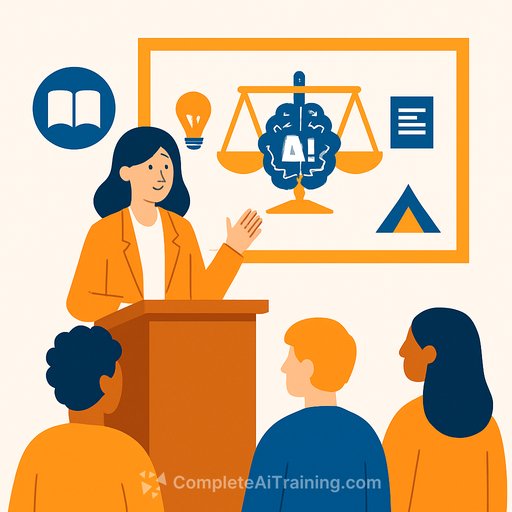Concord School District Proposes AI Use Guidelines for 2025-26
Concord educators are moving forward with a new policy that acknowledges artificial intelligence (AI) as a useful learning tool while addressing its challenges. The policy frames AI as part of an innovative approach to education and instructs teachers to integrate the ethical use of generative AI within K-12 curricula. It also mandates annual updates on AI guidelines in the student handbook, subject to school committee approval.
Superintendent Laurie Hunter explained that about 20 teachers from across the district collaborated to develop the handbook’s AI section. This effort responds to staff calls for clear guardrails around AI use in classrooms. Hunter emphasized that these guidelines aim to “set the right stage” for responsible AI integration.
Benefits and Challenges of AI in Education
The draft handbook highlights several advantages of AI, such as customizing lessons to individual learning styles, boosting student engagement, and supporting creative work. AI tools can also help students develop executive functions like study planning and time management. For educators, AI offers the potential to simplify routine tasks and provide greater access to information.
However, the draft also points out limitations. AI-generated content may contain bias or inaccuracies, struggle with nuanced context, and fail to authentically mimic a student’s voice or style. The quality of AI output depends heavily on the data used to train the models, which can be a source of concern.
Notably, the district has banned ChatGPT on school servers, favoring Google’s Gemini AI instead. Superintendent Hunter noted that Gemini is considered higher quality and integrates better with existing Google tools used in the district.
Handling Misuse and Discipline
The policy does not specify exact disciplinary actions for AI misuse, but Hunter stated such cases will be treated similarly to plagiarism. Disciplinary measures are left to the discretion of individual principals and may include removal from extracurricular activities. Teachers will primarily determine what constitutes improper AI use.
The guidelines require that any assignments intended for work outside the classroom clearly state whether AI use is allowed. Students must also disclose when AI assistance has been used in their work, ensuring transparency and academic integrity.
The school committee was set to adopt the new AI policy in their August 27 meeting, marking a significant step toward integrating AI thoughtfully in education.
For educators interested in learning more about AI tools and their applications in education, resources are available at Complete AI Training.
Your membership also unlocks:




